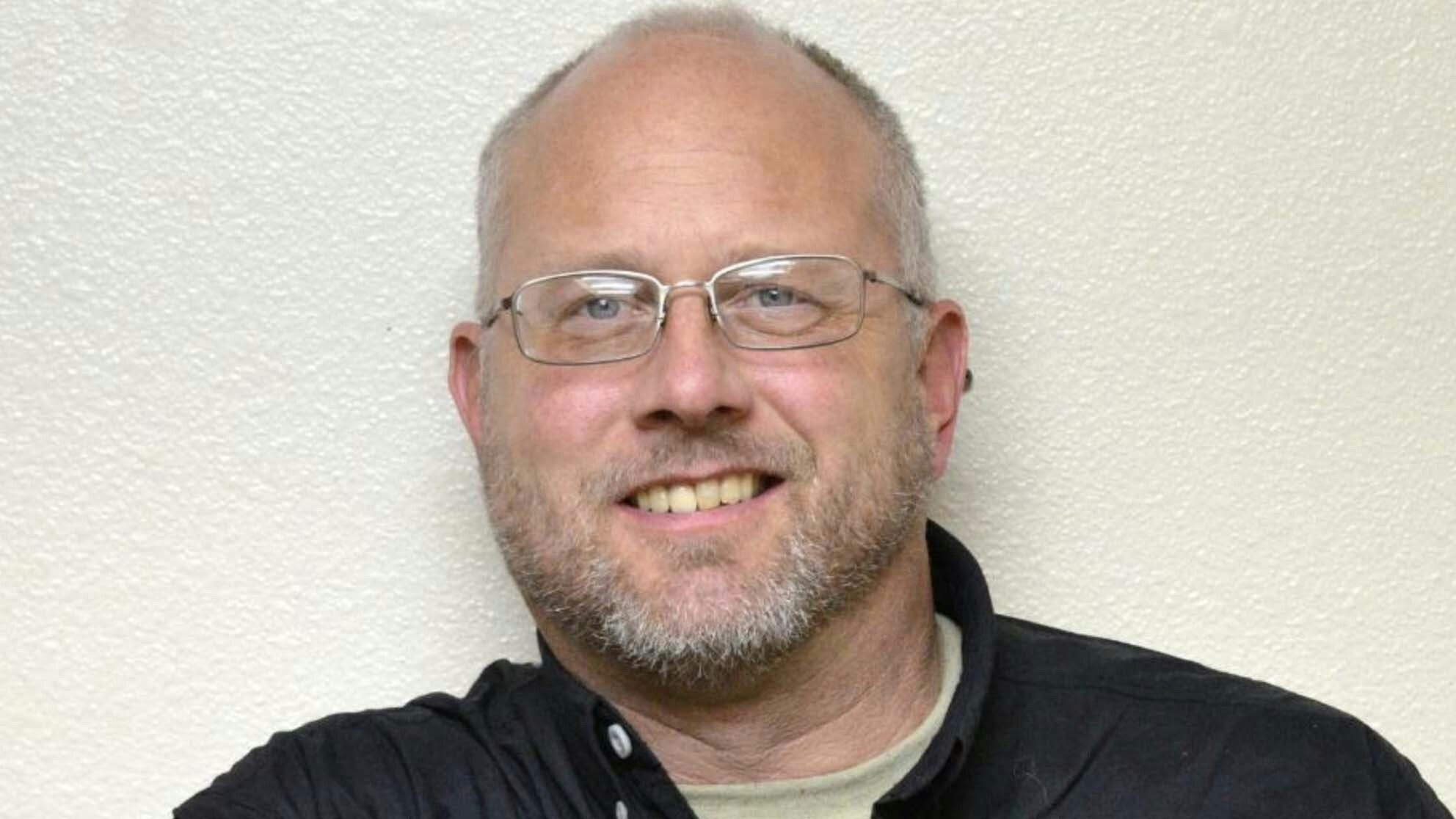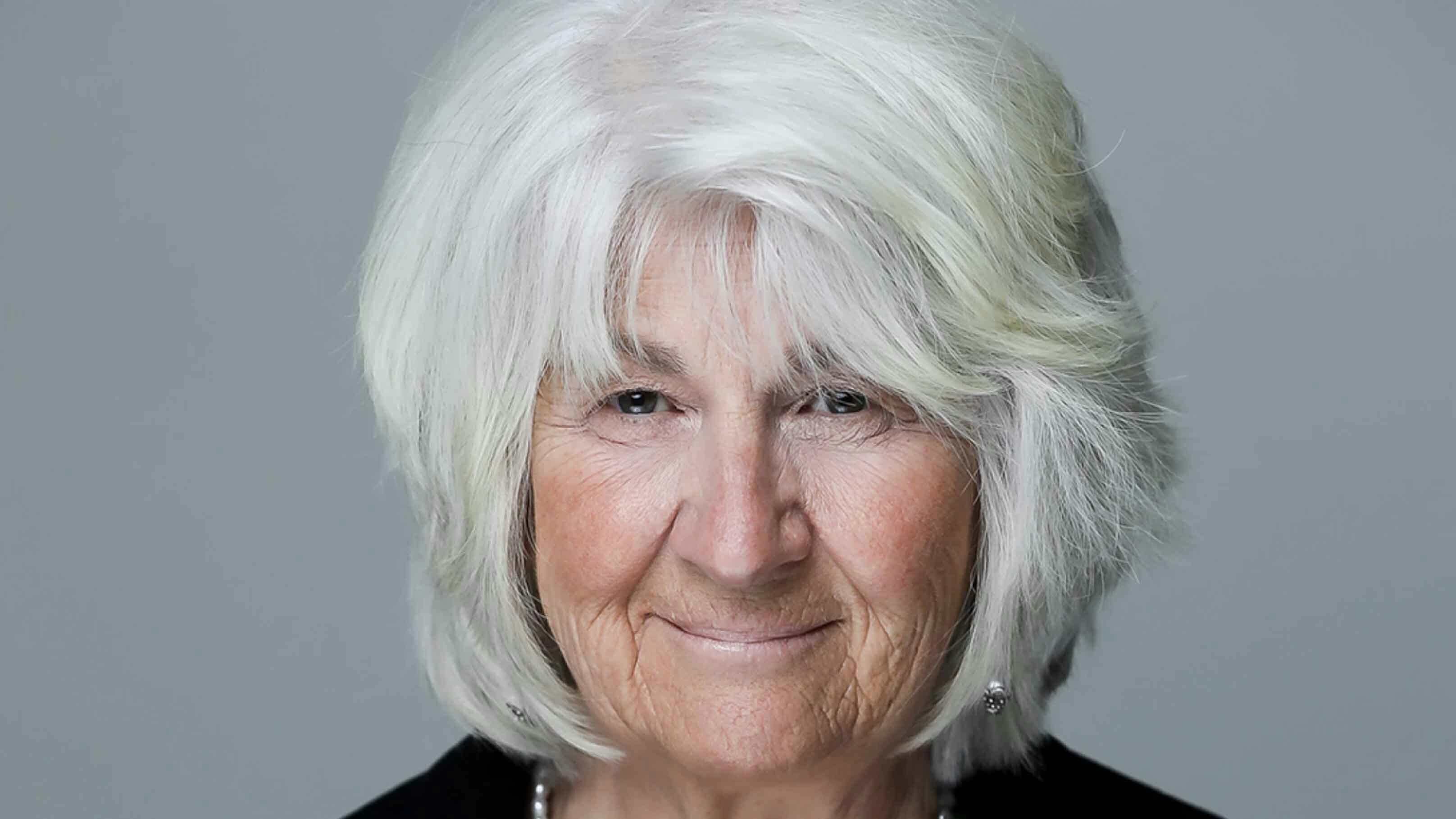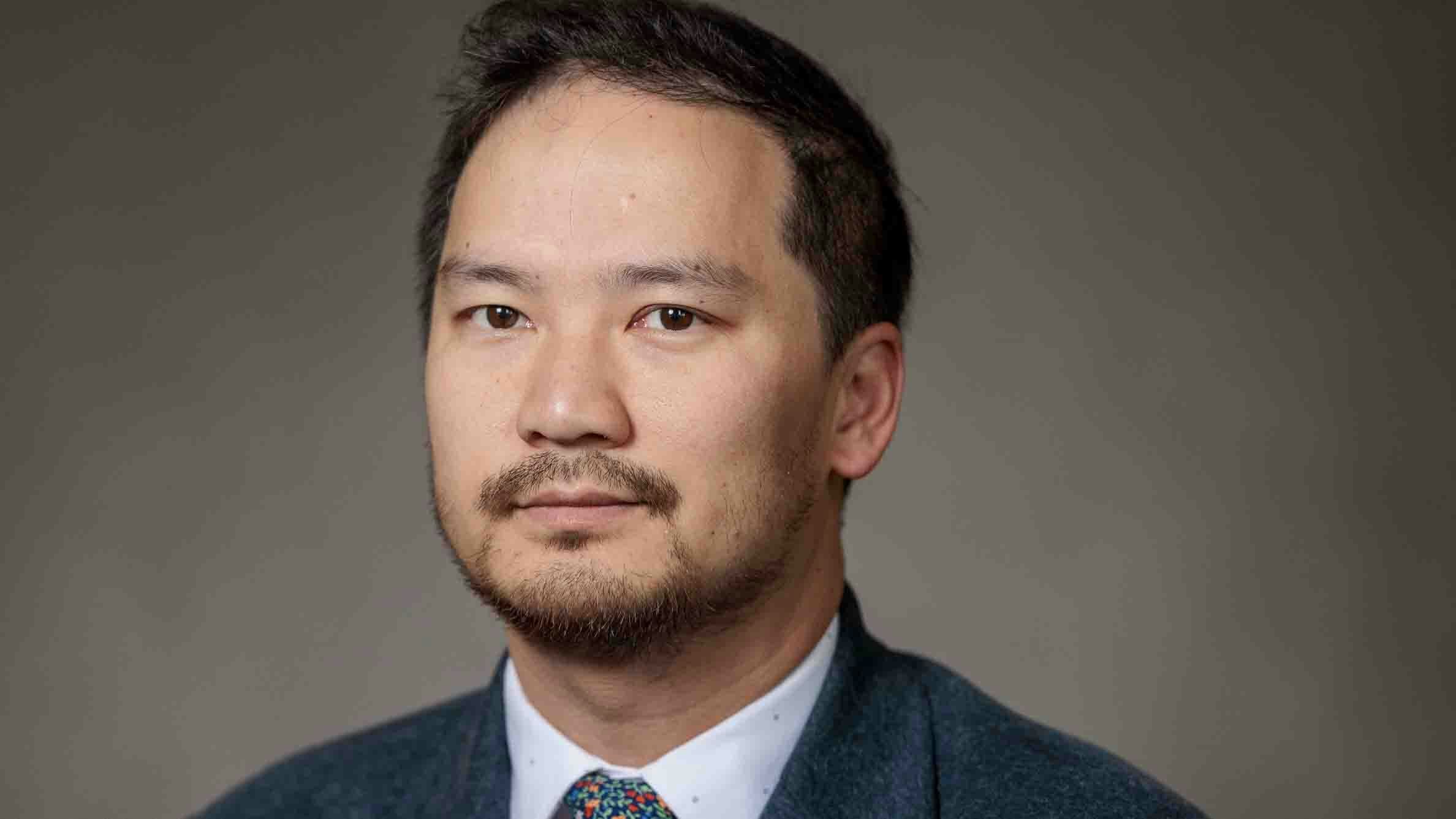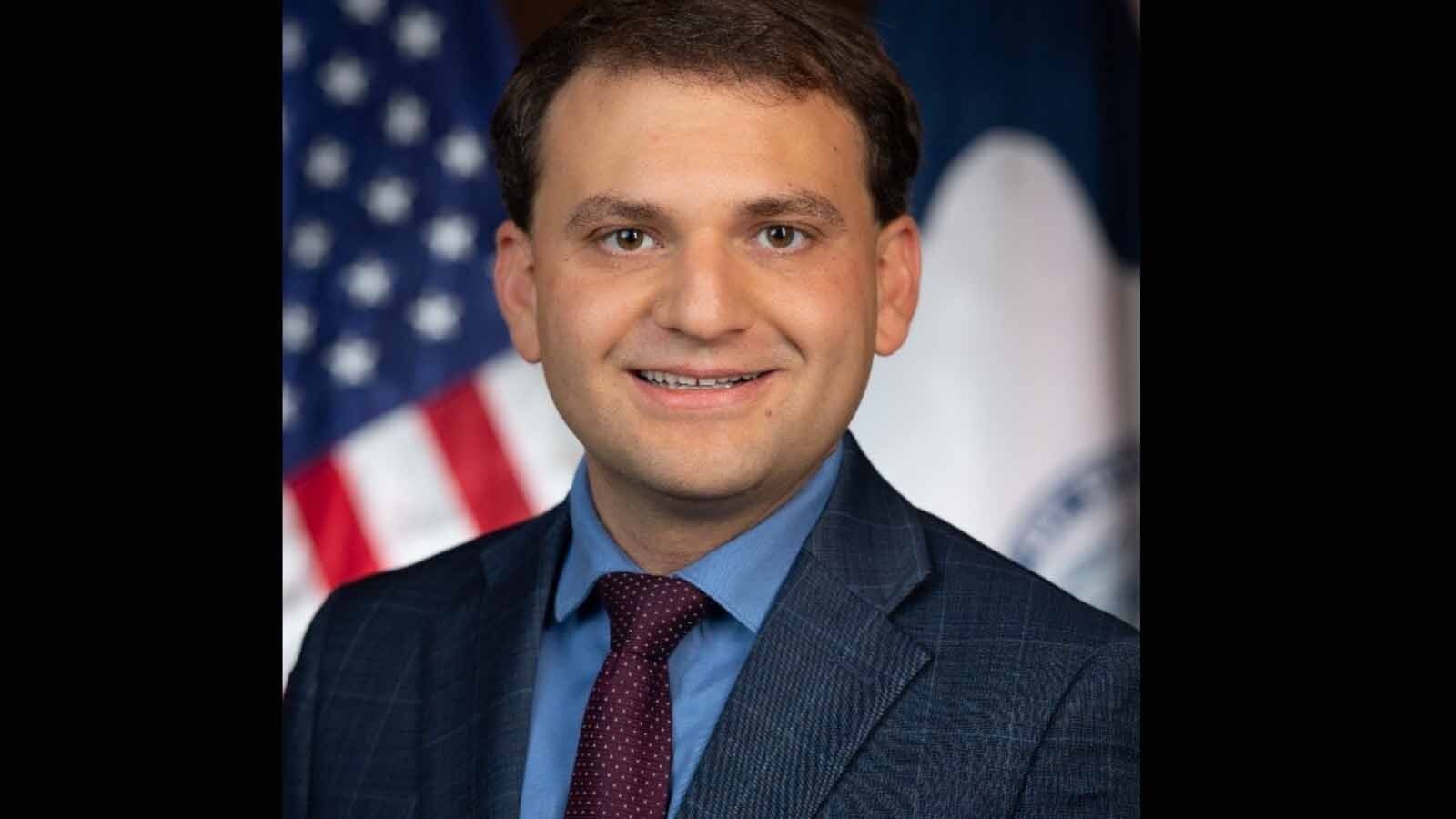Why can’t we all just get along? Since the L.A. riots in 1992, many have breathed out these words in despair and confusion. But, take courage! This question actually has an answer. And in the answer, there is a way forward.
Already in 1978, Aleksandr Solzhenitsyn put his finger on America’s problem and showed us the way forward. It was delivered by way of a commencement address at Harvard University titled, “A World Split Apart.” The audience, expecting to hear the Russian dissident criticize Soviet communism, was scandalized when he turned the tables.
With devastating accuracy, he showed how America was abusing its own freedom by wallowing in the same lies that communism forced upon the Russian people. Solzhenitsyn explained that virtue, not material prosperity, leads to freedom and human thriving. By abandoning it, America was enslaving itself.
His warning sounded strange to his audience. Many dismissed him as a quasi-religious moralist. The Ivy Leaguers counted virtue as a quaint vestige of the unenlightened past and were tossing it out of the classroom, the courtroom, and the legislative assembly.
But they were wrong. Long before Christianity came on the scene, public virtue was the single most important element of a functioning society. Plato, 400 years before Christ, first named the four personal qualities that were necessary for people to get along. These have come down to us as the Cardinal Virtues: Prudence, Temperance, Courage, and Justice.
Centuries later, Christian thinkers added Faith, Hope and Love to this list. These are called the Theological Virtues because they are specifically Christian. But the Cardinal Virtues are shared by all humanity.
One of the strangest ironies of our time is that the non-religious Cardinal Virtues have been marginalized under the rubric of “freedom from religion,” while the specifically religious virtue, “Love,” has been emptied of its Christian content and perverted into a political cudgel to beat down every other virtue.
Solzhenitsyn reminded his audience that human beings are more than animals. They have not only a body, but also a spirit. That is why the virtues are absolutely necessary for human society. Without them, societies can never rise above mere animal instinct. The following survey of the Cardinal Virtues will bear this out.
Prudence (wisdom) is the mother of all virtues. It rightly directs all human action toward a good goal. To do so, it requires all people to know the difference between good and evil. It rests on our common sense of right and wrong.
Without the categories of right and wrong, good and evil, there can be no society. Yet it is precisely these categories that are denied any place in public policy. They are treated as merely personal value judgments with no basis in objective truth. “That may be good for you,” we are told, “but it is not good for me.”
Any society unable to speak with a unified voice on the subject of good and evil will never be able to get along. And, every attempt to get along, while avoiding a sober and reasonable discussion of good and evil, will only underscore how unwise and uncivilized that society has become.
Temperance (moderation) is the virtue of controlling the appetite. It recognizes that human beings have built-in needs that must be met, and that meeting these needs gives pleasure. It also recognizes that overindulgence and disordered use of these appetites will always cause great human suffering.
Four of the seven deadly sins are connected to temperance. Gluttony, greed, lust and sloth are overindulgence in food, money, sex and rest respectively. But sin, like virtue itself, is dismissed as a “religious” category. Most forget that it was as familiar in pre-Christian Greece as in the Bible.
But, the pretense that only religious fanatics condemn intemperance is a convenient strategy to divide and conquer. By it many defenders of temperance are shamed out of the public square. This leaves room for a decadent culture not only to tolerate, but to celebrate and encourage such sins.
Courage (fortitude) is the virtue that is most in short supply today. It is the virtue that overcomes personal fear in order to do what is right. It is especially necessary today because Americans have become so entangled in their appetites for public approval and economic success that the Twitter mob and the Cancel Culture can easily silence those who lack this virtue.
Think about how many politicians, teachers, church leaders and businesses have been frightened into silence, or even into public apology for speaking their mind. Solzhenitsyn put America’s lack of courage up front in his critique. She has not gotten any braver in the four decades since.
Justice (righteousness) is the final virtue in Plato’s list. It is the constant and permanent determination to give everyone his or her rightful due. Prudence—the intellectual ability to discern good and evil—can tell you what is right and just. Justice is the willpower to do the right thing without regard to persons.
When Lady Justice is depicted in art, she is always blindfolded because she operates without respect of persons. When money, status, or public opinion skews the application of justice, it is evil. Social justice that judges class membership but ignores individual acts of good and evil is inherently unjust.
It has been a very long time since our political system paid attention to this virtue. America has been deluded into thinking that justice requires strict moral neutrality. This lie has driven our common sense of good and evil out of the public square. This foolishness has brought us to the brink of disaster.
While the Cardinal Virtues do not establish any particular religion, their exclusion is motivated by a materialistic worldview that hates the very idea of religion. This worldview is itself a religion that denies the very spirit of humanity and has led to the slaughter of millions and the enslavement of billions around the globe.
While Solzhenitsyn knew the evils of communism, he saw clearly that it sprang from virtue-less materialism. He observed that “through intense suffering our country has achieved a spiritual development of such intensity that the Western system in its present state of spiritual exhaustion does not look attractive.”
As a direct result of that development, countries of the former Soviet Union are rebuilding their societies by an unabashed return to the virtues. Poland, Serbia and Hungary, among others, are leading by example. If America is unwilling to take their advice, Solzhenitsyn predicted that it “would be broken by the pitiless crowbar of events.”
Mobs that burn, loot and deface statues may well portend the events that Solzhenitsyn warned about 42 years ago. No society can deny human nature forever. It will either be prudent enough to listen to those who have gained wisdom through suffering, or it must undergo its own bitter lessons.
How America responds to this present hour will determine the outcome for our children and grandchildren. They will either endure great suffering or enjoy true freedom. They will also have the clarity of hindsight to judge this present generation. By Prudence, Temperance, Courage and Justice our generation can renew America’s freedom. Without these, history will be a harsh judge.





